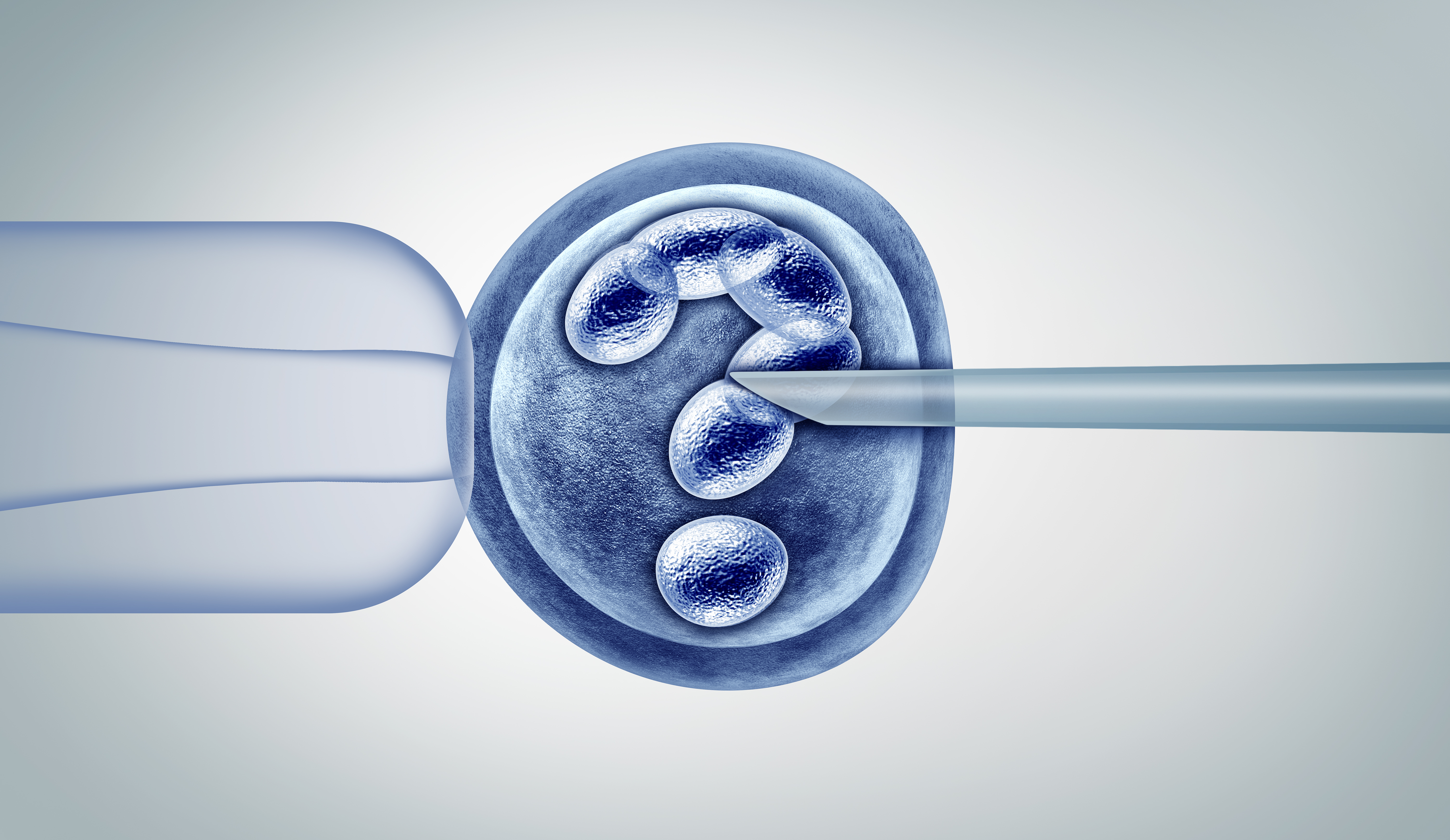Why we need a global citizens’ assembly on gene editing
By Nicole Curato and Simon Niemeyer,
The Conversation
| 09. 17. 2020
Developments in gene editing are often met with moral panic. Every new announcement raises outrage over the audacity of scientists “playing God”. The existence of mutant mosquitoesand designer babies are often framed as threats – evidence that science fiction has crossed over into real life.
There are clear dangers when the language of fear and scandal hijack public conversations on complex matters. But this doesn’t mean we should leave the discussion on genome editing – the process of altering an organism’s genetic sequence to produce favourable characteristics or remove unwanted ones – solely to scientists.
That danger was sharply underscored in 2018, when a young Chinese researcher announced he had engineered the birth of what may very well be the first genetically modified humans. “I feel proud,” he told the public, a year before he was jailed for forgery.
And so we reach an impasse. As global leaders face pressure to regulate genome editing, questions about who drives these ethical debates persist. Should leaders listen to scientists, who may be vulnerable to moral blindness, or to the...
Related Articles
By Katrina Northrop, The Washington Post | 04.06.2025
photo via Wikimedia Commons licensed under CC by 3.0
China's most infamous scientist is attempting a comeback. He Jiankui, who went to jail for three years after claiming he had created the world's first genetically altered babies, says he remains...
By Kevin Davies, Genetic Engineering & Biotechnology News | 03.27.2025
Around 2018–19, there was not a bigger science and ethical story than the debate over heritable human genome editing (HHGE) and the scandal over the “CRISPR babies.” The scientist, He Jiankui, who attempted to engineer the germline of human embryos...
By Megan Molteni, Stat | 03.28.2025
WASHINGTON — Keith Joung knows better than a lot of people what, exactly, it might require to prove to regulators and patients that CRISPR could be safely used to alter the genome of a human embryo. If, of course, society...
By Liyan Qi and Jonathan Cheng, The Wall Street Journal | 03.26.2025
photo via Wikimedia Commons licensed under CC by 3.0
Chinese scientist He Jiankui set off global outrage and landed in prison after he skirted ethical guidelines and claimed he had produced genetically modified babies designed to resist HIV infection.
Now, the self-styled ...




